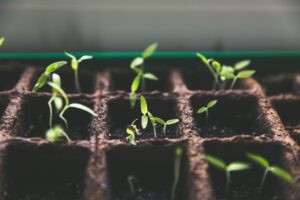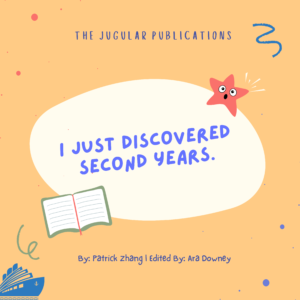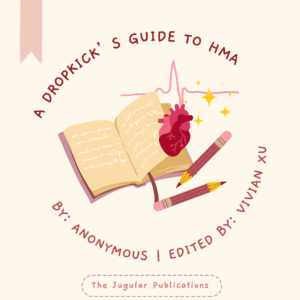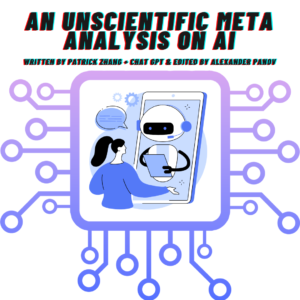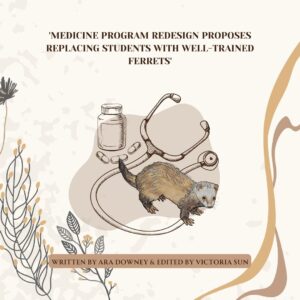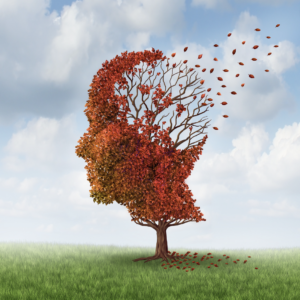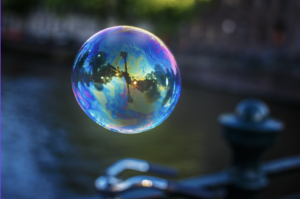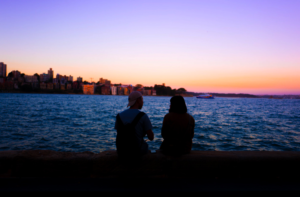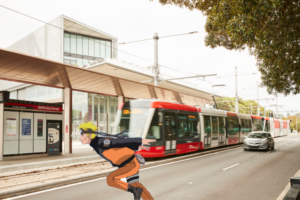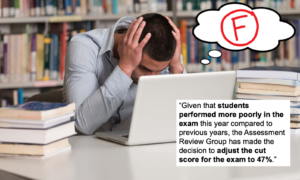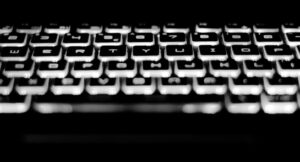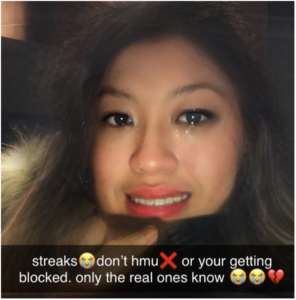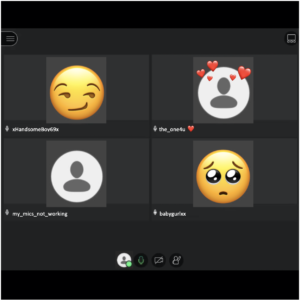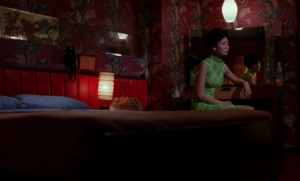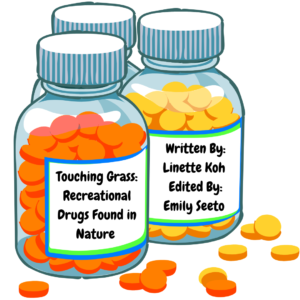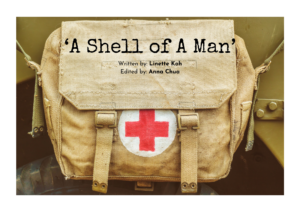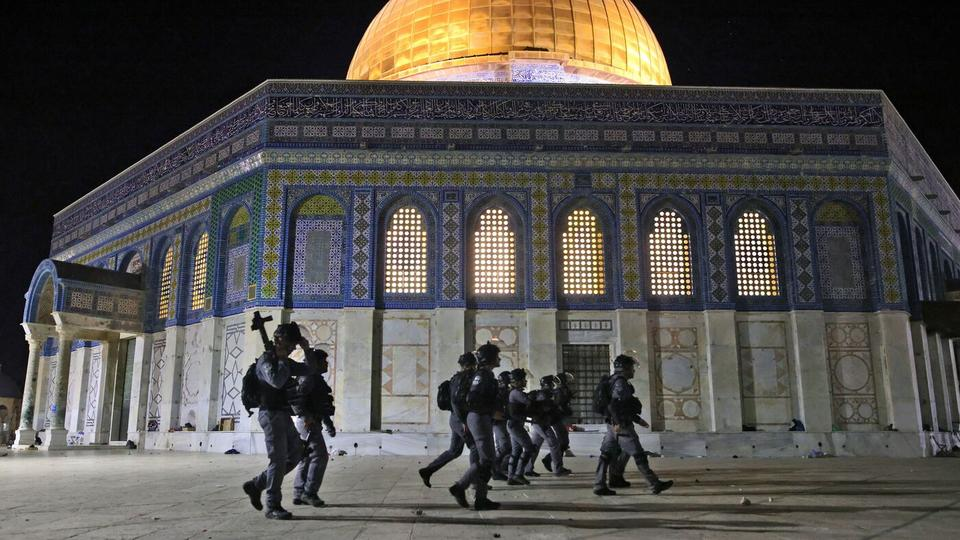
Written by Saleha Sehgol; Edited by Allyson Tai
“Fair is foul, foul is fair.”
Though the words were written by Shakespeare well into the 17th century, I fear the alliterative statement is more relevant than ever.
I fear we’ve become accustomed to slapping on the bandaid, ‘it’s just the way it is’ when confronted with outbreaks of violence and viruses alike. The recent eruptions of brazen attacks in Al Aqsa Mosque, the third holiest site in Islam, have rendered the masses speechless but failed to galvanise most into action. As it seems, social injustice is not the only ubiquitous part of our socio-political reality, for desensitisation is too.
Perhaps it’s just the way it is when the souls of Myanmar look up to see steel military bullets when we look up to see dazzling firework displays every New Year. When little children in kindergarten are told to keep their hands to themselves while leaders of countries drop missiles on other countries. When the brands we so proudly show off are in fact made by Uyghur men, women and children in conditions so bad that if we knew, we wouldn’t be so proud at all.
Yet it all seems foul; the enormous imbalance between us and them shouldn’t be this dumbfounding. There shouldn’t be an ‘us’ and ‘them’ in the first place.
I fear we’ve silently accepted that this foulness is fair.
Perhaps we’ve adopted a certain mentality that has led us to believe there’s only so much that we can do. That at the end of the day, we have our own problems that need our own solving. Perhaps we’ve accepted it’s fair that occasionally paying tribute through courageously sharing a post on an overseas crisis is more than enough. That just the thought of those beneath us meandering through our heads is plenty. That if we turn the other cheek, we can focus on things on our side, the better side. That if it’s not happening here, it’s not happening at all.
It certainly seemed that way on Friday 7th May 2021, when during the last 10 days of the Islamic holy month of Ramadan, Israeli police stormed the sacred Al-Aqsa mosque of East Jerusalem and proceeded to shoot rubberised steel bullets and stun grenades at praying Palestinian Muslims.
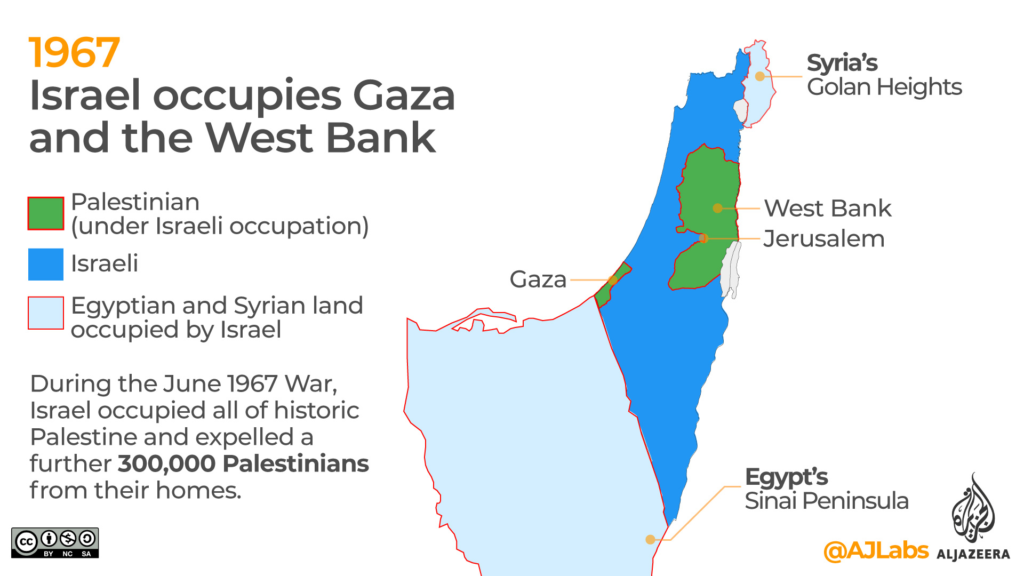
It was reported that the police, armed with protective gear, broke into and attacked the indoor areas of the mosque with tear gas and grenades before blocking the exit of civilians. 53 Palestinians were injured according to the Palestinian Red Crescent.
This is not an isolated incident; the oppression of Palestinian Muslims at this sacred flashpoint bears a darker past. Under international law, Palestinian territory is comprised of Gaza and the West Bank which includes East Jerusalem, with West Jerusalem belonging to Israel. Yet in June 1967, Israel began its illegal occupation and forceful removal of rightful inhabitants in Palestinian territories, including the West Bank, which consists of Al Aqsa and the hotly contested Sheikh Jarrah neighbourhood, as well as the Gaza Strip.
Numerous UN resolutions, coupled with leading international opinion, clearly stipulate that the Israeli occupation of Palestinian territory is a violation of international humanitarian law. Despite this, Israel has continued to inflict policies that permit the illegal dispossession of land and systemic human rights violations against Palestinians.
To put it simply, the lives of Palestinians are held hostage by Israel. Over 100 000 hectares of land have been occupied by Israel from Palestinians since 1967, with 4.9 million Palestininans facing daily restrictions on their movement.
And while we may argue that we Australians have had our fair share of restrictions given the ongoing COVID-19 situation, imagine your ability to earn a living, to access electricity, to drink clean and safe water being indefinitely restricted.
Imagine such foulness and putridity being a reality. These Palestinians don’t need to.
As if the absence of such crimes from major media outlets wasn’t enough, Instagram has been under the fire following the incident. It was reported that thousands of Instagram posts, stories and highlights that donned the hashtag #SaveSheikhJarrah in an effort to expose the ethnic cleansing and occupation occurring in East Jerusalem were deleted as such content “violated community standards”. It’s a frightening to think that the physical rights of Palestinians are not only being silenced but efforts to raise awareness about such brutality on social media platforms are too
While the head of Instagram, Adam Mosseri, justified that such occurrences were due to a widespread “technical bug”, many have raised suspicion of this being indicative of systematic censorship. It’s terrifying to think that the abhorrent erasure of Palestinians has been given the green light, but calling out the apartheid is where we must draw the line.
It appears that, although we intend stitches to belong on the wounded innocent, as a society, we have instead sewn them on our own eyes and lips. I fear that as a collective, we’re subliminally welcoming the fact that complete fairness will never happen. That even though the genetic similarity between a human and another is 99.9%, some will always be better off than others.
So I urge you to rip out those stitches binding your eyes, ears and mouths shut.
I urge you to listen, watch and then speak out.
References:
Alsaafin, L. (2021, May 11). Palestinians criticise social media censorship over Sheikh Jarrah. Retrieved from Al Jazeera: https://www.aljazeera.com/news/2021/5/7/palestinians-criticise-social-media-censorship-over-sheikh-jarrah
Amnesty International. (2017, June). Israel’s Occupation: 50 Years of Dispossession. Retrieved from Amnesty International: https://www.amnesty.org/en/latest/campaigns/2017/06/israel-occupation-50-years-of-dispossession/#:~:text=Despite%20multiple%20UN%20resolutions%2C%20Israel,were%20illegally%20residing%20in%20Gaza
Firat, E. (2021, May 7). Israeli police attack worshippers in Al-Aqsa Mosque. Retrieved from Anadolu Agency: https://www.aa.com.tr/en/middle-east/israeli-police-attack-worshippers-in-al-aqsa-mosque/2233039
Mandhai, S. (2021, May 7). In pictures: Seven things you should know about Sheikh Jarrah’s history. Retrieved from Middle East Eye: https://www.middleeasteye.net/discover/israel-palestine-sheikh-jarrah-jerusalem-neighbourhood-seven-facts?fbclid=IwAR1aR7JMOkdehZJFG4aRCBL3NWRnyk4CumzaYgOmSRqrp8nMCuqW27mIJLI





